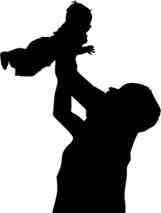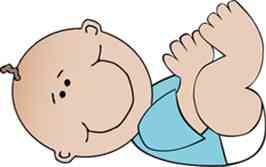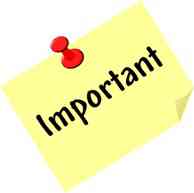Baby Talk: The key to #speech and #language #development?
Introduction
An interesting Science article, in the I newspaper dated 11th December 2021, indicates that baby talk appears to be important in helping infants to make words. The research has been published in the Journal of Speech, Language and Hearing Research. This work contradicts the anecdotal view that baby talk should be discouraged in favour of more adult speech. This is relevant to the development and use of Wizzy’s Words, as it too, is based on language development data. Reference to the original University of Florida study (https://news.ufl.edu/2021/12/the-importance-of-baby-talk/), highlights how these findings may impact on how parents are encouraged to interact with their child. The findings may also be important, in terms of modelling, where a child has additional speech and language needs. Baby talk will be discussed here in order to give parents the opportunity to consider the best ways forward for their child’s language development.

Why does baby talk matter?
Baby talk matters because if it underpins learning to speak it can be promoted to new parents who may not be aware of its value. The University of Florida study was conducted by Matthew Masapollo. The research suggests, that 'baby talk' to infants, may be the first building block in learning to speak. When baby talk is used, the pitch, speed and emphases differ to typical adult speech. It would seem that adjusting speech to the developing child allows them to access language at their own level, in line with the size of their immature vocal tract. This simpler modelling of language then allows the infant to copy simple sounds themselves.
It is thought that both production and perception of speech are involved. Meaning that thinking and saying are linked in these early interactions. In simple terms and although further study is required, infants showed a preference for speech that is matched to the size of their vocal tract.

What do the findings on baby talk mean to me and my child?
These findings should help adults to see the important role that baby talk appears to have in the learning of speech. From the earliest age, infants should be exposed to a language rich environment. This may be in the home, nursery, shop, library… In order to produce speech a child must first hear it modelled. Although as Masapollo indicated, baby talk has often been discouraged, parents should be guided by their child. The child that is mimicking speech shows that they are ready to develop their sounds, words and language. The child that has moved on to making words, will no longer need to access the early baby talk that underpins learning to speak. Masapollo highlights that it appears to be that fact that it is the adult modelling age-appropriate speech, directed by the infant, that leads babies to make/say words.
What to do now?
Tips for promoting early speech (and using Wizzy’s Words)
-use rhymes every day (see tips in Questions and Answers section (Interview tab) and Blog on Wizzy's Words website
-focus on modelling language so that your child can say sounds/words back
-focus on speaking clearly but with difference voice levels and tones
-focus on being creative and making word learning fun
-focus on developing a love of words, model using and sharing books whilst still focusing on sharing sounds and words with your young child
Together
Let’s put children’s speech and language learning
Centre stage

To find out more about why/and:
I researched and developed Wizzy’s Words rhymes for you and your children
To see and ask questions about Wizzy’s Words (use interview and contact buttons)
To read full reviews for Wizzy’s Words
To read previous blogs with respect to children’s language development
To find free downloadable sample rhymes, snap game & audiogram of Wizzy’s Words
Head to: www.wizzyswords.co.uk